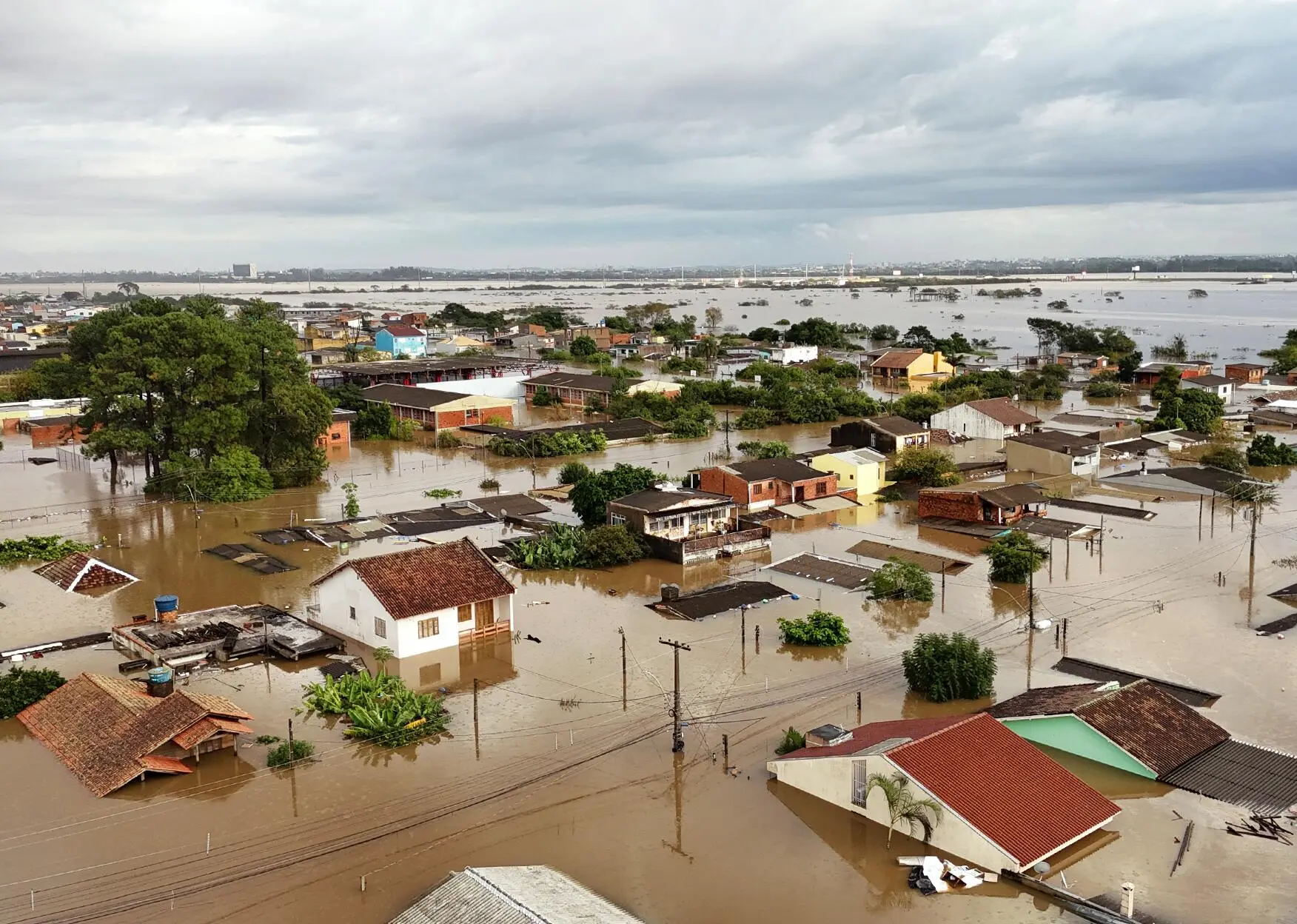
|
| Edition 40 |
| Thursday, 16 May, 2024 |
|
| Our Voice
|

|
|
Welcome to the floating world
|
Jonathan Watts
Altamira, Xingu River, Amazon
Only the beginning. That is the uncomfortable truth that we cannot escape as we look upon the images of devastation in Rio Grande do Sul.
One of the most intense floods in the country’s history has taken at least 149 lives, forced the evacuation of 538,000 people (including several members and relatives of the SUMAÚMA community) and left about two million without electricity and potable water. Surreal images of roads turned to rivers, football stadiums transformed into lakes, and a horse stranded on a rooftop have upended our expectations of a stable reality. Entire cities seems to be drifting. Certainty appears to have lost its moorings.
In this issue, we include a harrowing opinion piece from Porto Alegre by one of its residents, the biologist and journalist Jaqueline Sordi. She asks why countless warnings have been ignored and explores the futile blame game by politicians who have done little or nothing to address the root cause of the problem. Another native of the region is SUMAÚMA artist, Pablito Aguiar who interviews the residents of his home town, Alvorada, and Canoas and draws pictures of the unimaginably desperate situations that many now find themselves in.
The ongoing heatwave – and its associated floods and droughts – might once have been dismissed as a rare blip. But once freak events are now becoming more frequent in a world floating on an ever greater wave of climate instability.
Architects in Porto Alegre are rightly recognising that cities need to be redesigned. The concrete and asphalt laid over practically every inch of soil in urban areas has created death traps because it allows the torrents to flow faster, which makes floods harder to escape, particularly for vulnerable groups like the elderly. City planners are now calling for more open green spaces, more trees and marshes that can absorb the rains. That makes good sense, but why stop there. The same logic that applies to the city applies to the world. The entire planet needs more climate shock absorbers. Forests, oceans, wetlands and other biomes have always soaked up excess. They keep the Earth’s mutability manageable. For that natural technology to function, we must look after the forest and its care takers. |
|
Read more
|
|
|
|
Clique aqui para cancelar a assinatura
|

